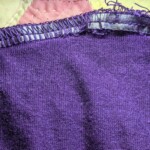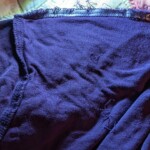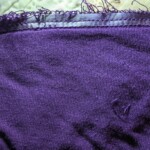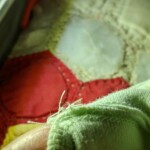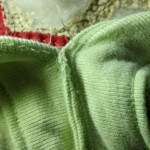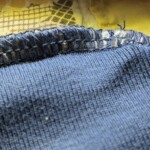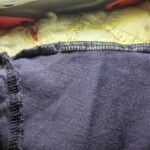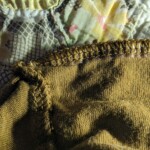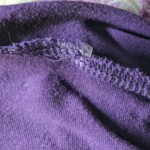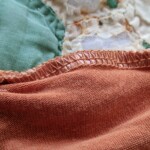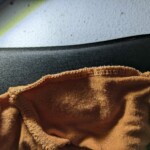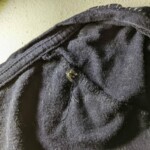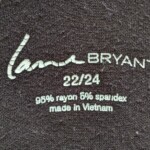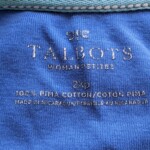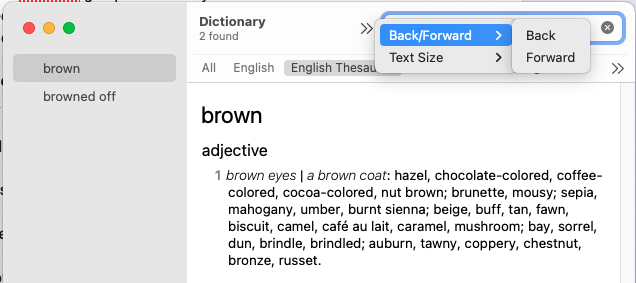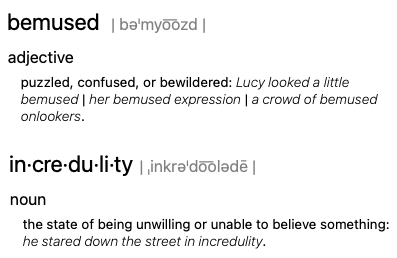At first, I couldn’t figure out why my 100% organic Pima cotton tops were so uncomfortable — and then I turned them inside out and really looked.
My jaw dropped. I was appalled. Plastic strips were sewn into the shoulder seams of my shirts! The very spot that supports the weight of the garment on the body was infested with a hard, sharp-edged, poisonous strip of petroleum-based plastic serged into the seam.
Maybe the daft unreasoning hope of the sellers is that serging to “cover” the plastic or angling the seam away from the body somehow protects you from the plastic, but you can see from the photos how laughable that is.
I learned that the plastic strips are routinely sewn into shoulder seams and other seams with stress on them that might be inclined to stretch otherwise. I’m 100% sure there are better ways to solve this little problem, and I don’t care if it’s not convenient or costs more than plastic strips.
Who would do this to their customers? Pretty much every clothing brand, every manufacturer. Even garments made of ecologically clean, nontoxic, soft fabric such as certified harmless organic Pima cotton or Lyocell ruin it by using plastic strips. You don’t see this in the couture brands, of course. Because what an awful and cheesy thing to do to your customers.
Oh, re the photos of the printed “tags” — a call-out to companies that make a nice comfortable tagless shirt and the print the tag instead using ink that dries and cracks and is more uncomfortable than the tag ever was — and can’t be removed.

